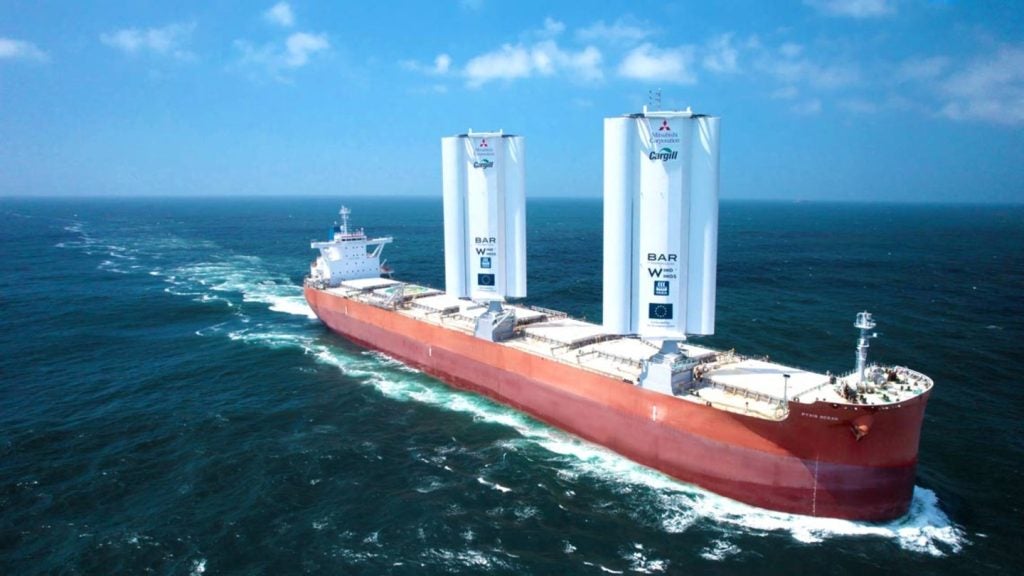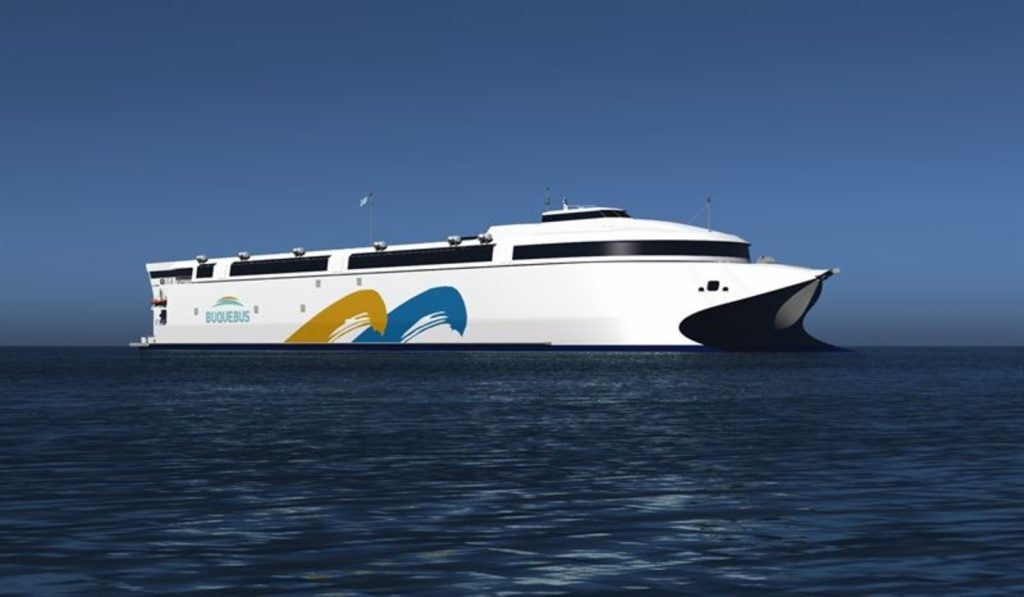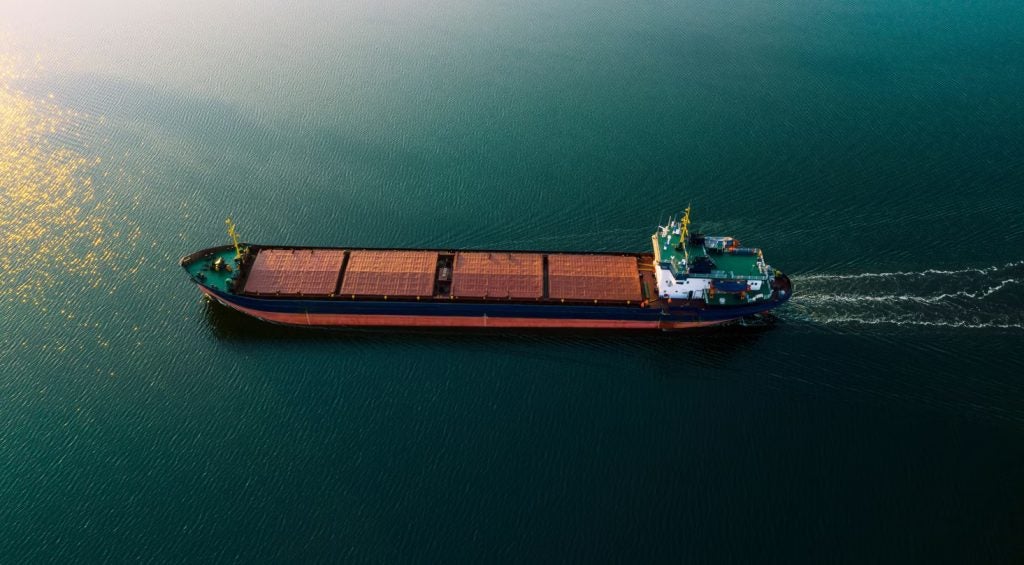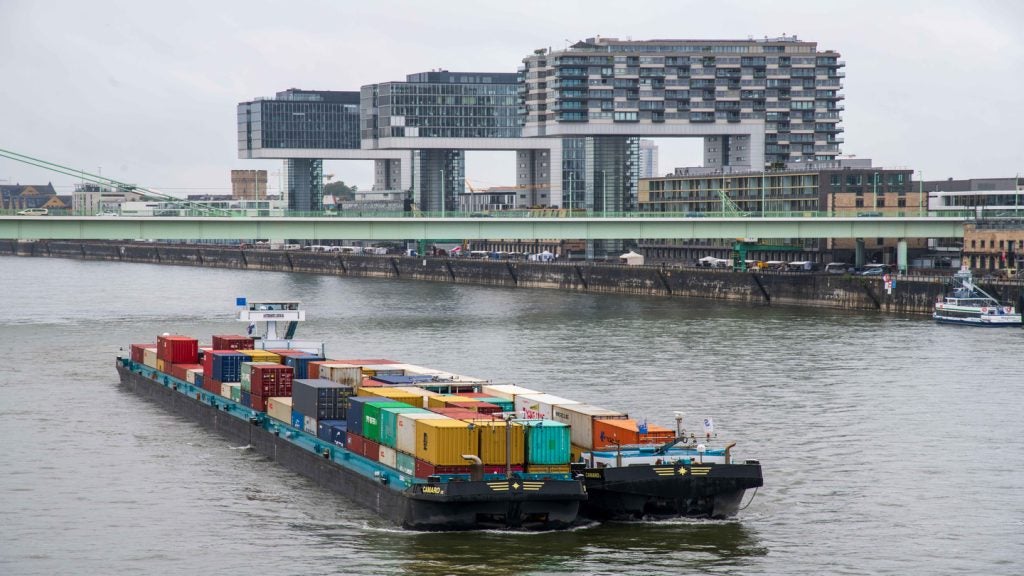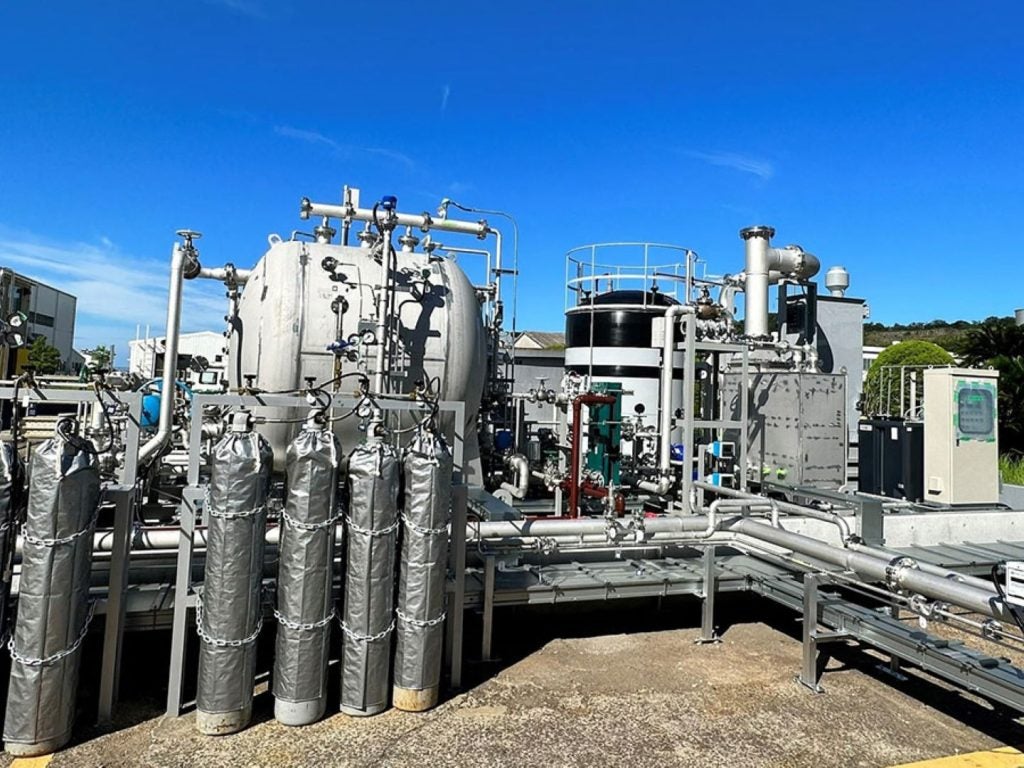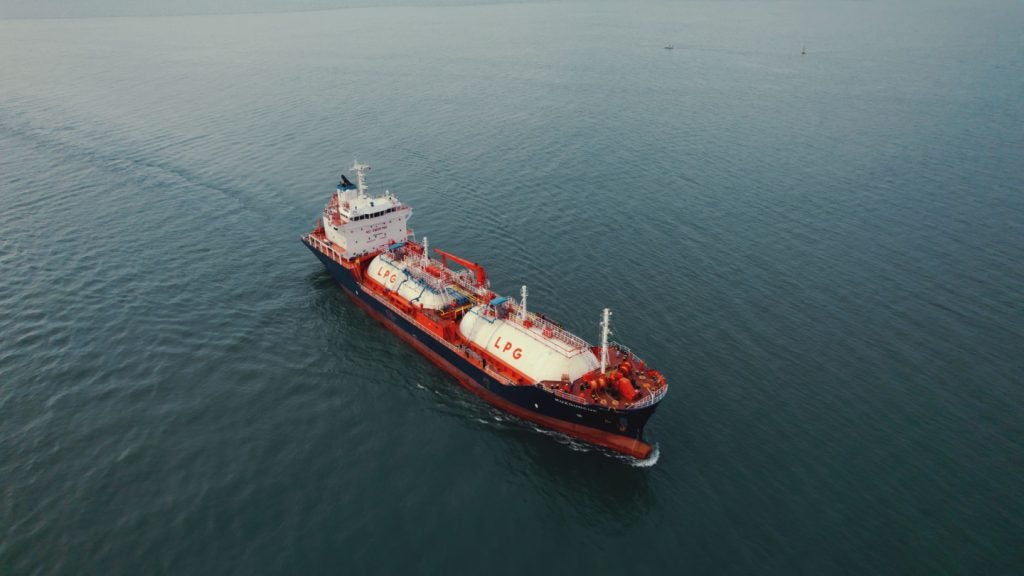The first ship to be fitted with the WindWings technology from Cargill and BAR Technologies, providing a form of wind propulsion designed for commercial shipping vessels, has set sail on its maiden voyage.
The Pyxis Ocean is the first vessel to be fitted with WindWings technology, which sees two 37.5m-high wing sails fitted to the deck of a cargo ship to provide fuel savings of up to 30% on average, for new build vessels.
Created in collaboration between Cargill, BAR Technologies, Mitsubishi Corporation and Yara Marine Technologies, the WindWings are seen as a way of helping the marine industry reach its decarbonisation goals.
BAR Technologies CEO John Cooper said the debut voyage was the culmination of years of research: “If international shipping is to achieve its ambition of reducing CO² emissions, then innovation must come to the fore.
“Wind is a near marginal cost-free fuel and the opportunity for reducing emissions, alongside significant efficiency gains in vessel operating costs, is substantial.”
According to Cargill, WindWings, which was co-funded by the EU’s Horizon 2020 programme, can save 1.5t of fuel per WindWing per day on an average global route.
The installation of the Pyxis Oxean’s wings was completed at the COSCO shipyard in China, where it set sail towards Brazil.
Cargill and BAR Technologies first announced the product in 2020 when the two companies said that they would begin working with product tankers before moving to include dry bulk vessels.
The maiden voyage of the Pyxis Ocean will be used to inform improvements to the design and performance of WindWings so the tech can be scaled up for use across Cargill’s fleet.
Cargill’s Ocean transportation business president Jan Dielman said: “At Cargill, we have a responsibility to pioneer decarbonising solutions across all our supply chains to meet our customer’s needs and the needs of the planet.”
In July, general secretary of the Zero Emissions Ship Technology Association (ZESTAs) Madadh MacLaine told Ship Technology the key to hitting shipping's net zero targets could be "imagination." The renewal of commercial sailing vessels certainly does that.


